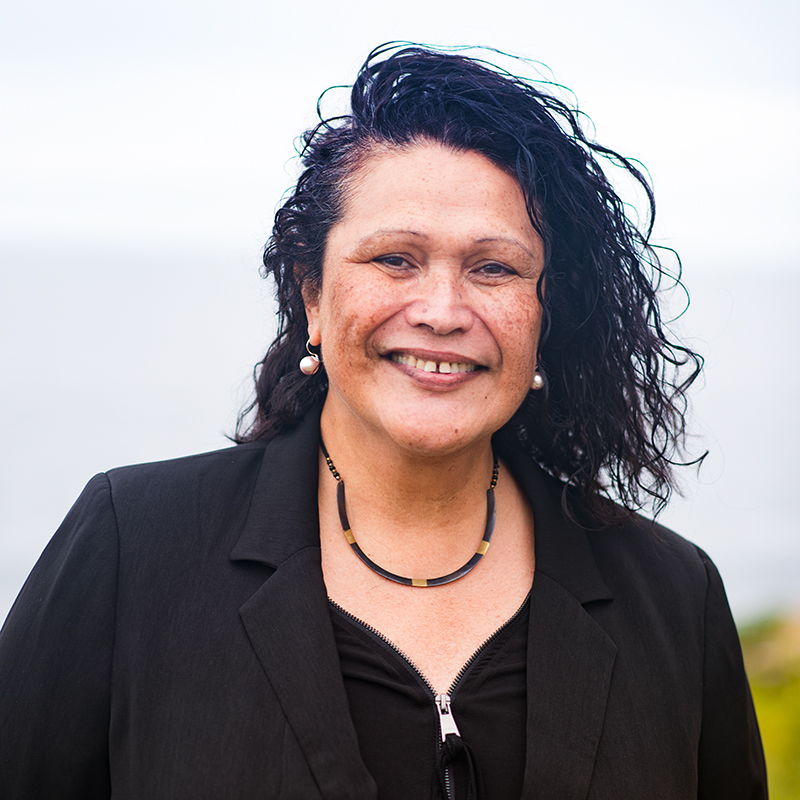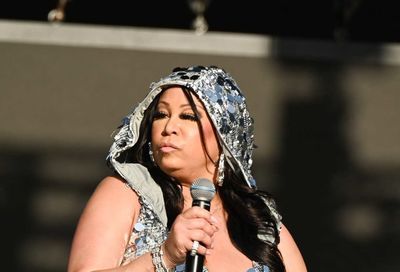Amnesty International calls for greater transgender protections in the Dominican Republic
Only 4 people have been convicted of murdering a transgender woman since 2006

Following the killing of the 38th transgender woman in the Dominican Republic since 2006, Amnesty International is calling on authorities to take more substantive steps to stop discrimination and violence directed against the country’s transgender community.
The body of Jessica Rubi Mori, a transgender sex worker and human rights activist with the LGBTQ organization Este Amor was found on June 3 in the city of Higüey. Her body had been dismembered before it was discarded. One suspect has been arrested in her murder.
“The grotesque killing of Jessica Rubi Mori is a tragic reminder that Dominican authorities need to take bolder steps to eradicate discrimination, including that based on gender identity and sexual orientation,” Erika Guevara-Rosas, Americas Director for Amnesty International, said in a statement.
LGBTQ organizations within the country have called for a nondiscrimination law that would protect transgender people. Such a law, prohibiting discrimination based on gender identity, sexual orientation, and ethnicity, was proposed in Parliament last year but has not yet passed.
“The Dominican authorities must continue to work with civil society groups to bring effect to these proposals,” Amnesty International wrote in a statement. “This crime must be investigated independently and impartially. Authorities must take all steps to unmask any potentially discriminatory motive in the crime.”
Cristian King, executive director of Trans Siempre Amigas (TRANSSA), only four people in the Dominican Republic have been convicted in those 38 murders of transgender women. King told Amnesty International that TRANSSA has been working with the Attorney General’s Human Rights Unit on recent unsolved cases.
Several weeks ago, another man was sentenced to 20 years in prison for killing transgender woman Kimberly Sody in 2014.
According to a 2012 study by the Caribbean Vulnerable Communities Coalition, 80 percent of transgender sex workers felt they were more discriminated against for their gender identity than for being a sex worker. That same study should more than 35 percent reported they had been the victims of physical violence walking on the street, more than 40 percent experienced physical violence at the hands of a client, and more than 20 percent at the hands of a partner. Another 80 percent had been arrested or detained at least once.
Support Metro Weekly’s Journalism
These are challenging times for news organizations. And yet it’s crucial we stay active and provide vital resources and information to both our local readers and the world. So won’t you please take a moment and consider supporting Metro Weekly with a membership? For as little as $5 a month, you can help ensure Metro Weekly magazine and MetroWeekly.com remain free, viable resources as we provide the best, most diverse, culturally-resonant LGBTQ coverage in both the D.C. region and around the world. Memberships come with exclusive perks and discounts, your own personal digital delivery of each week’s magazine (and an archive), access to our Member's Lounge when it launches this fall, and exclusive members-only items like Metro Weekly Membership Mugs and Tote Bags! Check out all our membership levels here and please join us today!




























You must be logged in to post a comment.